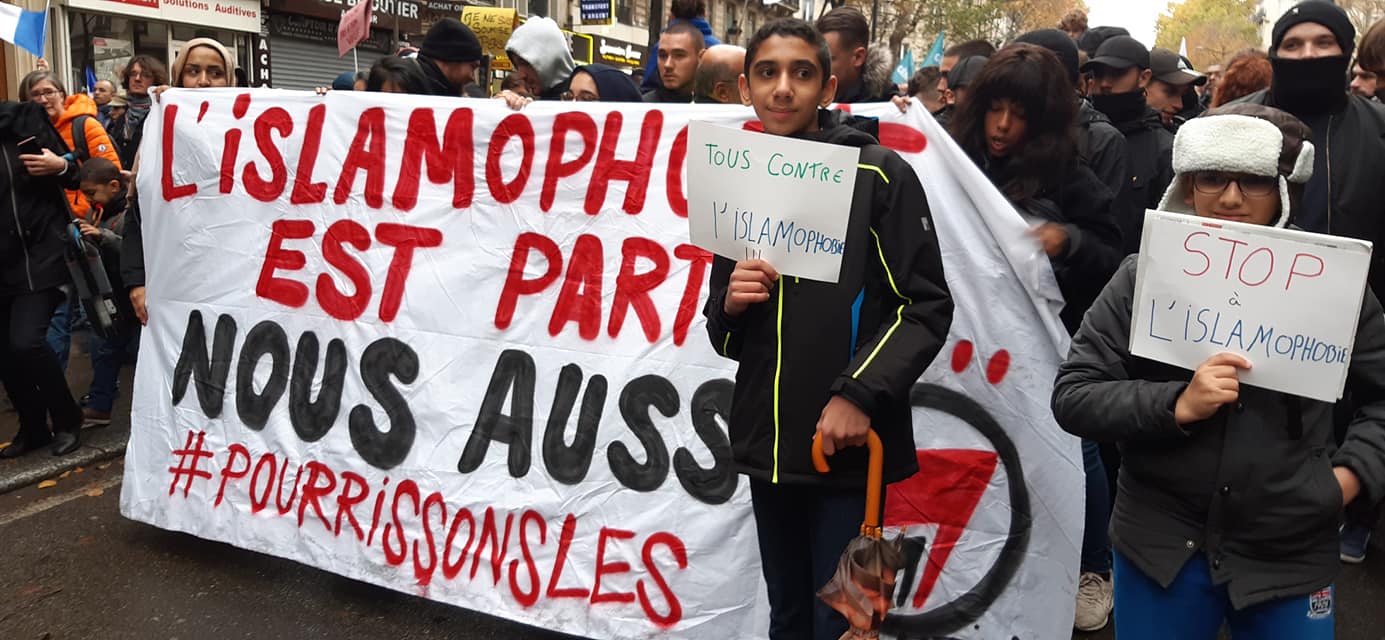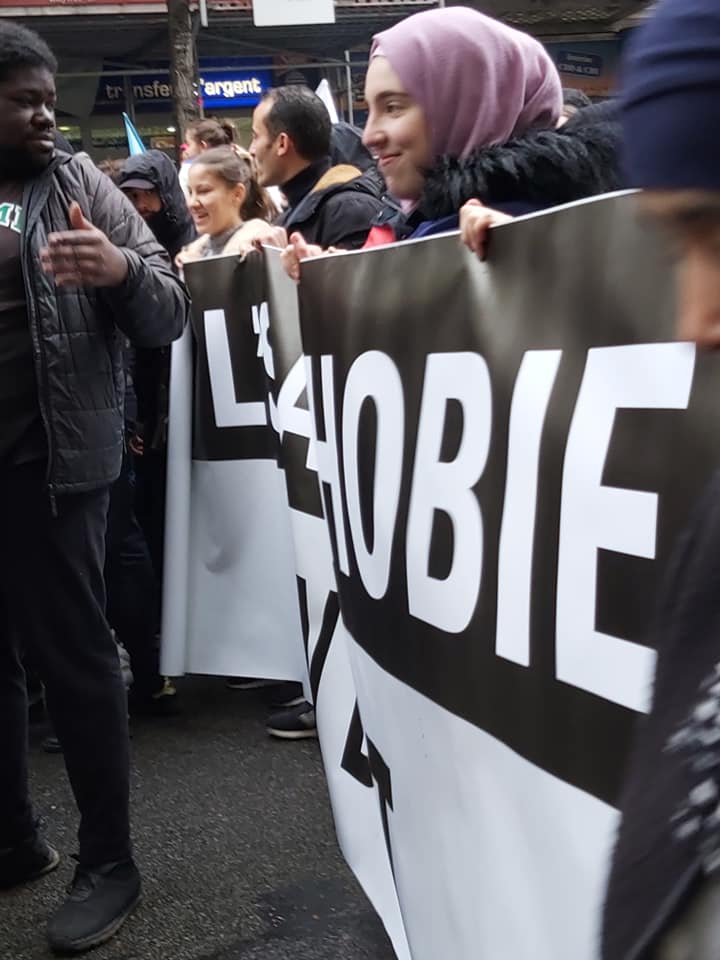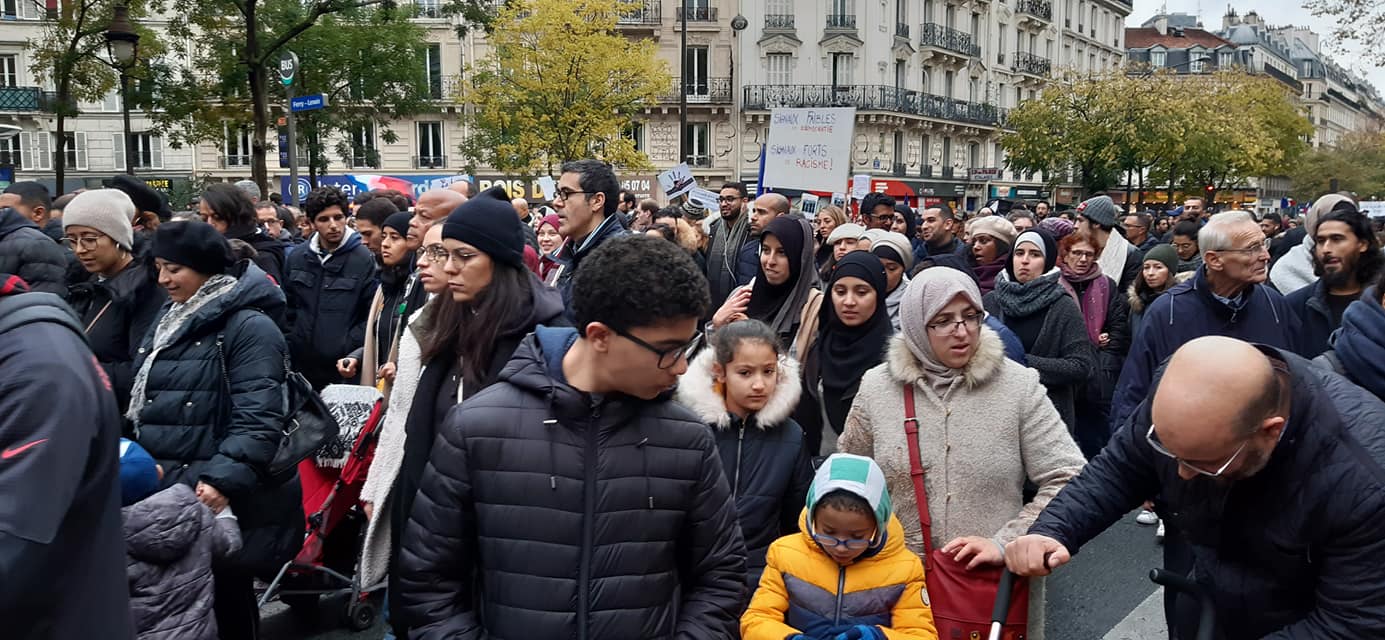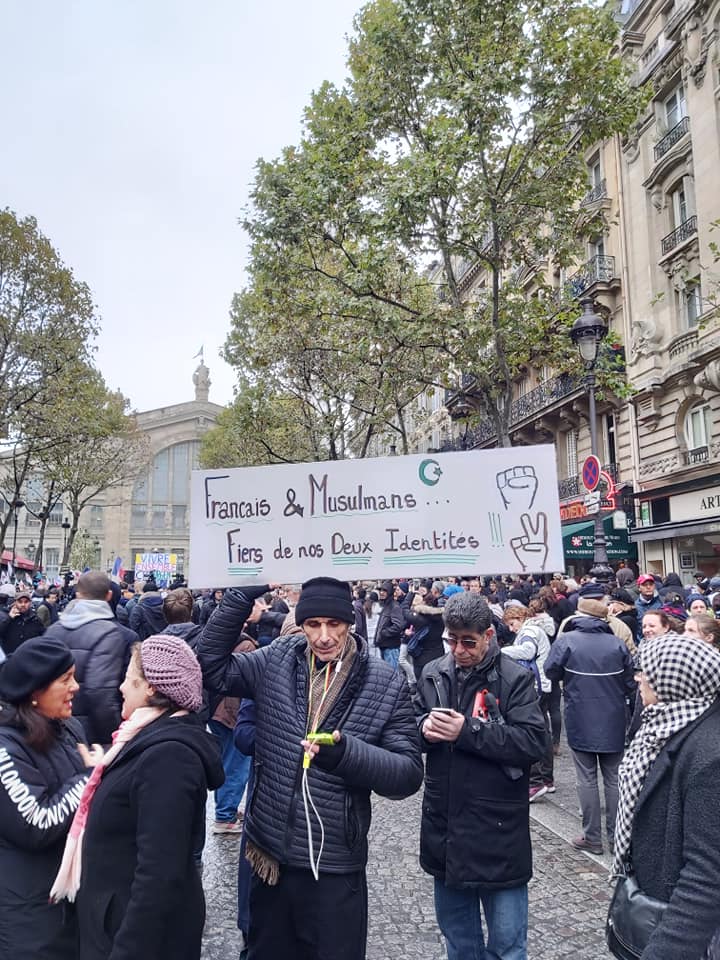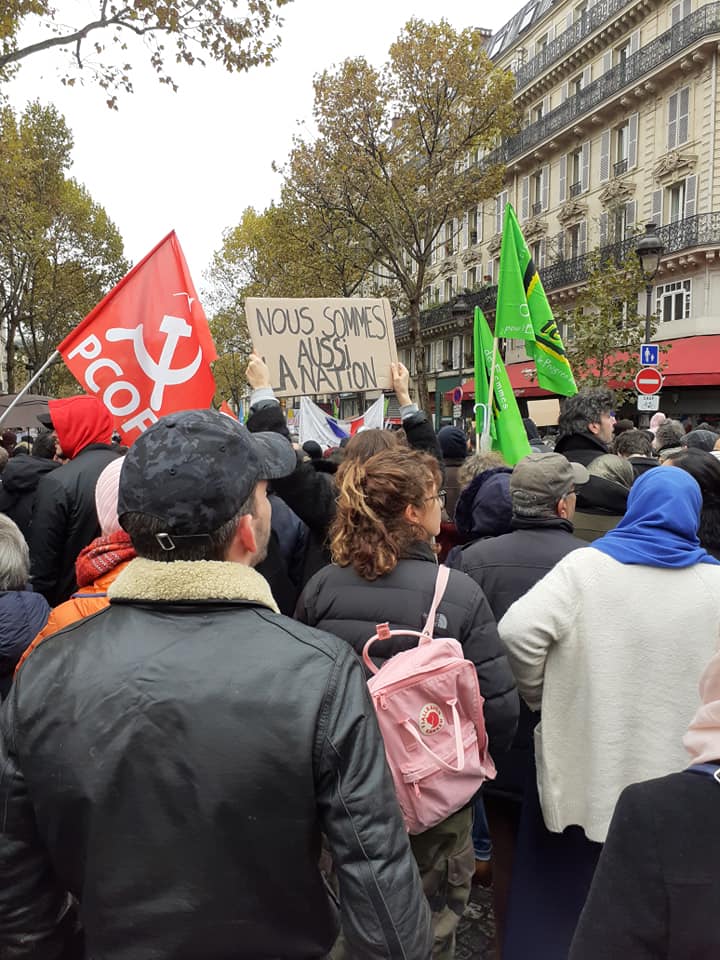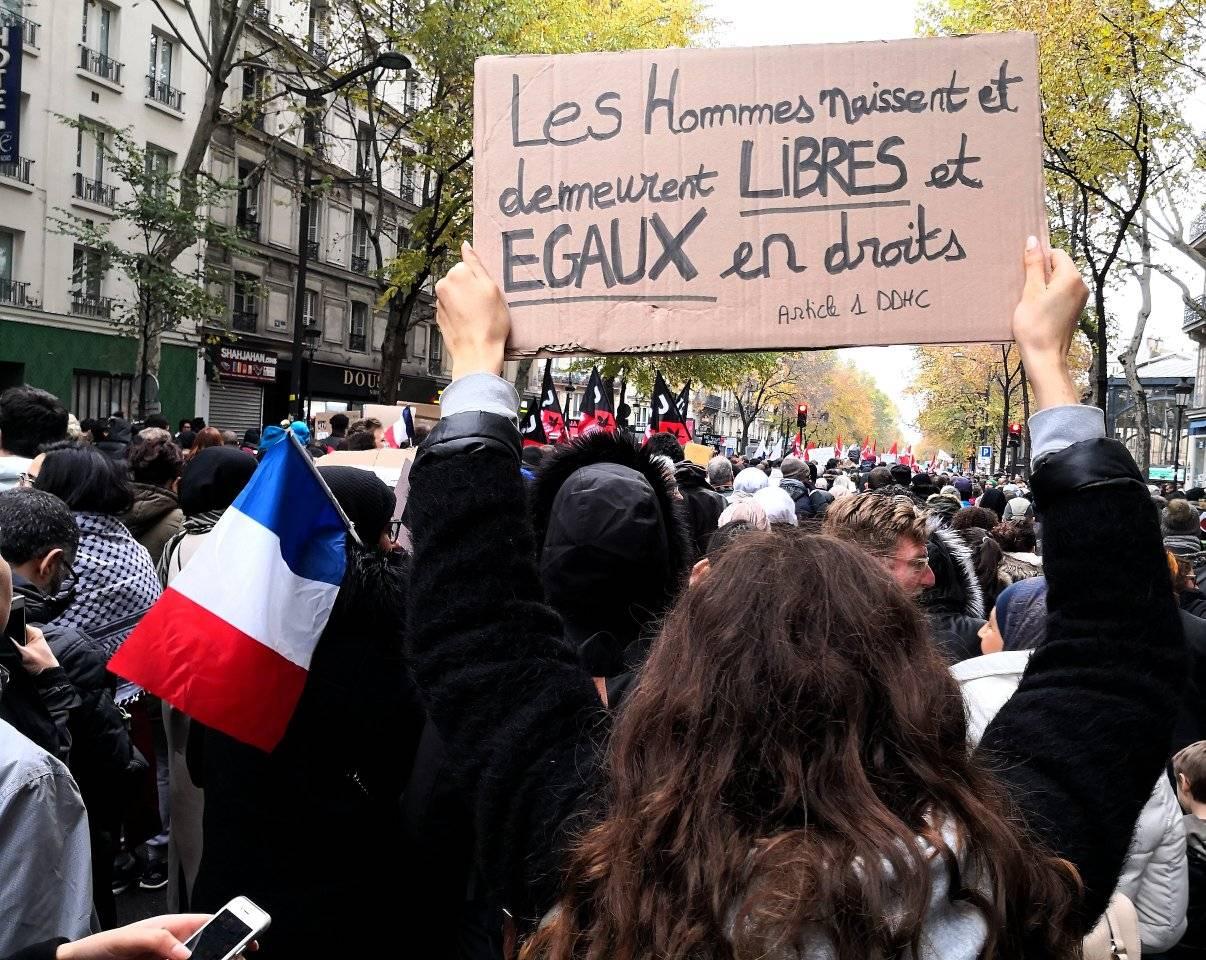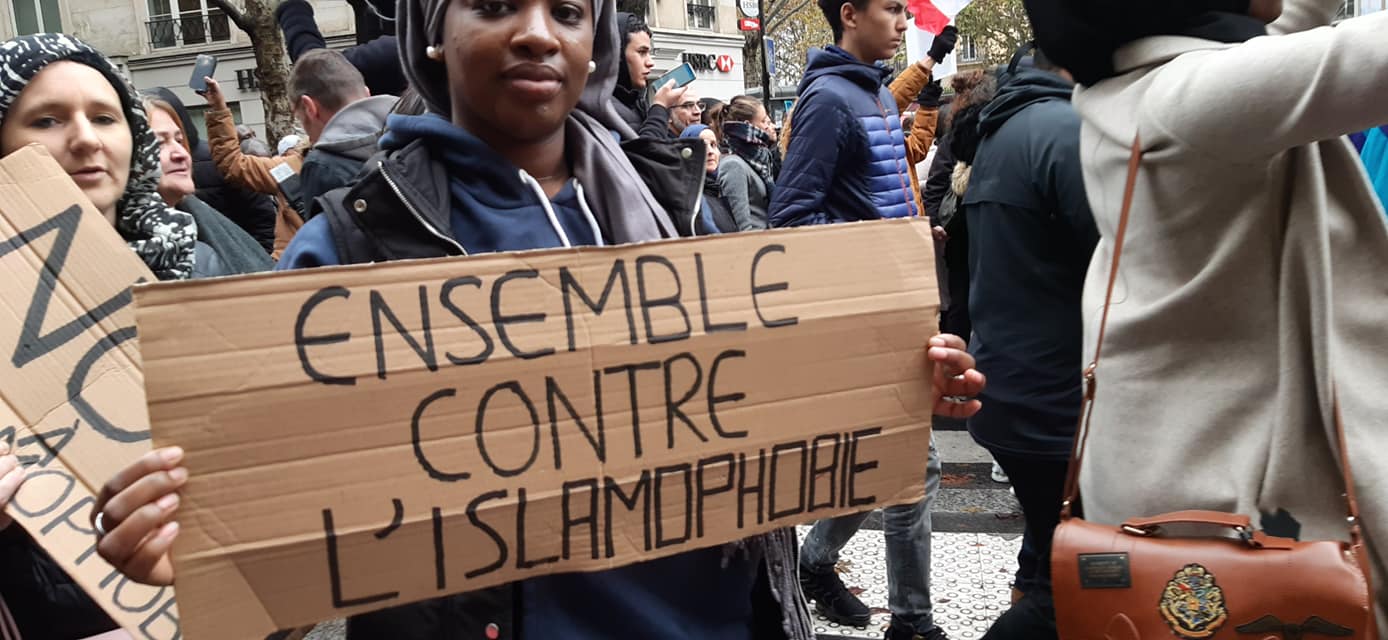Over the last twenty years, France has maintained a relatively high level of class struggle. Between 2000 and 2017, for each thousand workers, there were, on average, 124 strike days per year in France, as against 84 in Belgium and only 24 in the UK. This combativity has considerably slowed the advance of neoliberal barbarism, and is the reason that pensioner poverty in France is less than half that in Germany and less than a third that in the UK. December is going to be explosive and Macron is in for major headaches. Starting Thursday 5th December, mass strikes are announced in the Rail, Metro and buses, among lorry drivers, airline staff, local government employees, energy workers and dockers, and in the courts as well as among teachers. At least a third of schools will be closed. Only ten percent of trains will run, and eleven of the Paris metro lines will be completely shut down. The national railway company is no longer selling train tickets for 5-8 December, while in private industry dozens of companies will also be on strike.
Many sectors in France have a choice of unions which one can join, depending on how left-wing one is, and this division is an obvious weakness, but even some of the least combative union federations, such as the CFDT, are calling their members to join in in some industries. Meanwhile, Left political parties are booking coaches by the dozen to take people to the demonstration in Paris on Thursday 5th, and rallies have been called in 245 towns across the country.
The immediate cause of the strikes is Macron’s flagship attack on pensions, transforming the way they are calculated and effectively abolishing the final salary based pensions which are common in the public sector. This follows on from the raising of the pension age by President Sarkozy despite a huge fightback in 2010, and the increase in levels of worker contributions necessary for a full pension under President Hollande in 2013.
Students, who have already been mobilizing since a 22-year-old set himself on fire in Lyon last month in protest against student poverty, will be joining the fray. Diverse spokespeople from the Yellow Vest movement, which has been blockading, rallying and sometimes rioting for a year now, have called for all-out support for the strikes, and the national Yellow Vest delegate meeting in Montpellier in November issued a call to action. Nurses, who have been striking en masse against understaffing and low pay for weeks, will be present, too. This week, a firefighters’ protest is occupying Republic Square in the centre of Paris day and night, while popular recent mobilizations against violence against women, and for action on climate change have helped build a combative atmosphere in the country. The major centre-left magazine Le Nouvel Observateur headlined last week: “Half Way through Macron’s Presidency: The Fear of Insurrection”.
Neoliberal governments have for decades been working at rolling back welfare state provision, and installing full spectrum Thatcherism, and workers have seen a number of defeats, though they have been able to protect provisions in several cases too. Sadly, important victories for workers over pensions in 1995 (after trains and metros were blocked for a month), and against a Youth Employment Contract in 2006 are fading from memories. 2016 saw a major defeat on labour contract laws, and a new victory is now sorely needed to restore some confidence.
War of position
There is a war of position going on in every sector of the economy. In education, short staffing, a harsh lack of capital investment and a sharp increase in temporary contracts have been pushed through. But in 2009, months of lecturer strikes buried the government’s plan for neoliberal personnel management in universities, and resistance has ensured that for the moment collegiate leadership and fixed national wage scales and promotion decisions, in both universities and schools, is the norm. Meanwhile, tuition fees for universities have stayed around three hundred euros: governments have not dared to raise them much.
Support for local government services from national funds has been cut sharply, using the excuse of lowering local taxation, though social housing is still being built at a far higher rate than in comparable countries. In Health, staff cuts and ward closures have been hitting hard, and the percentage of health costs which are not paid by public funds has been rising gradually.
What is Macron doing to pensions?
The new pension bill has been carefully written, with plenty of blanks “which we will fill in later after negotiations”, and the government is refusing to say which generation will be the first affected. The reform masquerades as a rationalization of the present patchwork system, but few are fooled, though the government argument that pension costs must be reduced does find an echo at times. In fact, there is plenty of money available, as can be seen by the huge tax cuts for the richest which Macron has pushed through, the largest for decades.
Previous governments, having failed, because of resistance, to convert the present system, where the employed pay into a fund which pays the pensioners, into an individualistic “save for your own pension” system, Macron is trying a new angle, linking pensions to total lifetime salary. The result, if he gets it through, will be particularly harsh on teachers and other public employees, who have low wages but who have a pension based on their final salary, which is considerably higher than their average lifetime salary. Teachers, for example, will likely lose between 20 and 40 per cent of pension entitlement.
“We are fully determined. We have a mandate for this” declared Macron’s Prime Minister Edouard Philippe a few days before the strikes were set to happen. The Education minister, Blanquer claimed that people were striking “because they do not understand the reform”. Macron has been preparing for a real fight, in particular by ramping up police violence against Yellow Vest mobilizations (dozens of demonstrators have lost eyes or hands to police ammunition). Many hesitate to demonstrate because of this, but this week’s dynamic should bring out large numbers nevertheless.
Macron himself already managed to face down major rolling rail strikes in 2018, which were protesting against partial privatization of the rail and attacks on working conditions. Although the strikes caused considerable disruption, they petered out after three months. Employer federations, who would normally be up in arms, were very patient with Macron. He is in some ways their last card. In their bid to impose full spectrum Thatcherism on France, they made some headway with the right-wing presidency of Sarkozy (2007-2012), and some more under the Socialist Party presidency of Hollande (2012-2017). But many neoliberal attacks had to be shelved after mass resistance, and the traditional parties of the Right (“Les Républicains”) and of the Left (Parti socialiste) were shattered by the anger produced by their respective reigns. Macron, who gerrybuilt a new party (La Republique en Marche) from chunks of the old right and from previously Left politicians easy to buy, was their next hope.
The 5th December will be a huge stoppage, involving far more people than those who are members of trade unions. But the key to winning is for the strike to last longer. According to the traditions of the French Labour movement, strikers vote in regular (often daily) mass meetings on whether to go back to work or not. The advantage of this is it can limit the power of top union leaders to call off a strike as soon as some tiny concession is made. There is nevertheless a real danger that national union leaders will try to call off the mobilization in return for institutional concessions, like a seat for union representatives on the commissions which will fill in the blanks in the law, and decide levels of pensions and the rhythm of the “reform”.
The newspapers are full of articles on how to get by without public transport or public services, but given the high level of support they also have to write articles about how to get to the demonstrations! Polls say that at least 62% of French citizens support the strike, and support is higher still among the working class (82% of manual workers support, for example). But it is well known that public opinion does not in itself win strikes. Only if millions can find the confidence to strike themselves will victory be possible. 71% of those polled believe it will be a long strike, and all the signs are that this will be the most powerful fightback for a number of years. If workers can defeat this attack, neoliberalism will be reeling.


































